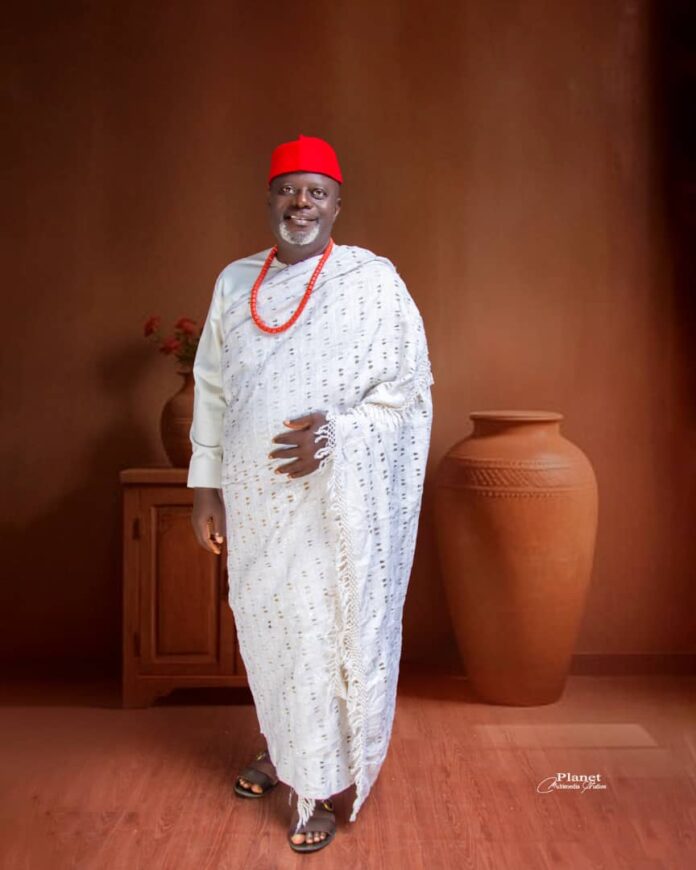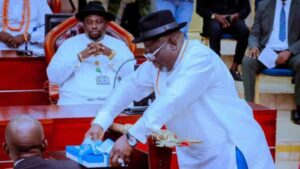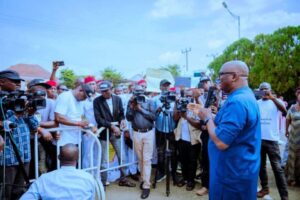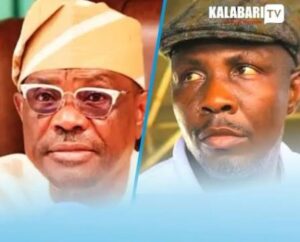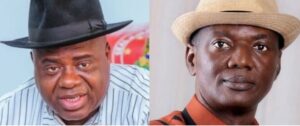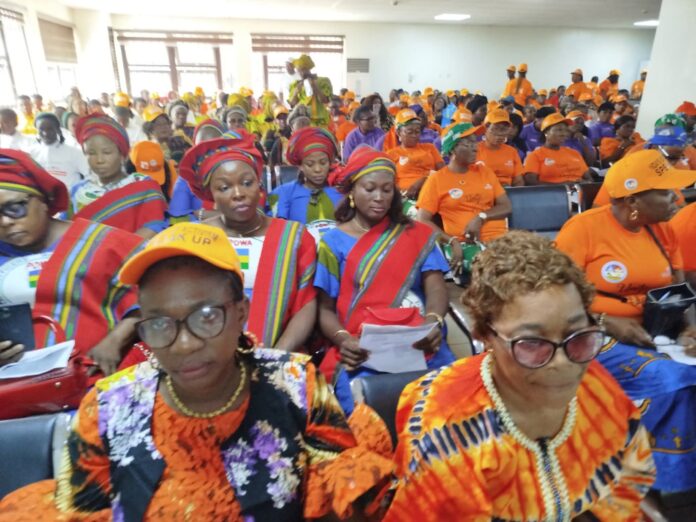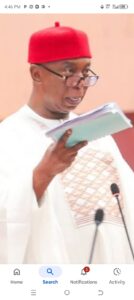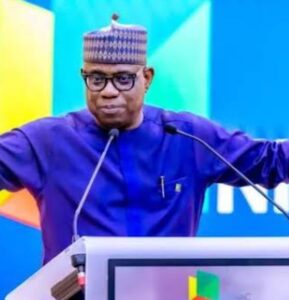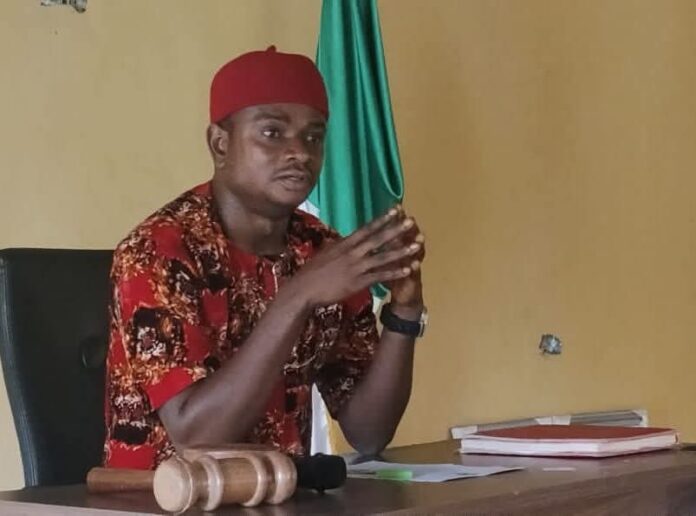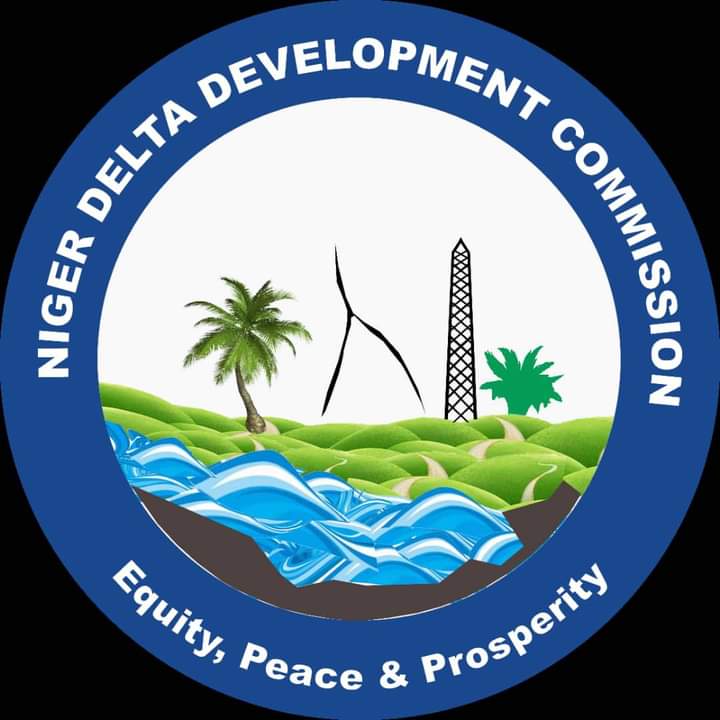by Kennedy Kanma
Let me begin by extending my heartfelt greetings and good wishes to the people of Delta North Senatorial District, and Nigerians everywhere, as we celebrate the joy of Christmas. As Christians, every year at this time, we are reminded of the enduring values that bind us together. These are the values of love, compassion, justice, shared responsibility and unity. As we know, Christmas is not an ordinary season; it is a sacred moment for reflection, gratitude and hope for a better tomorrow.
This year, and this is very important, we have seen both challenges and resilience in extraordinary ways. However, as we grapple with declining standard of living, the menace of banditry and terrorism, and a host of deep-seated economic and social challenges, it is evident that all these crises ultimately boil down to the question of leadership. As they say, leadership is everything. Unfortunately, a sense of general hopelessness appears to have settled over our countrymen and women as social pressures continue to mount in the last few years. In the midst of our challenges, the pressing question is: where do we go from here, and how do we chart a path toward hope, revival, progress and collective renewal?
Nevertheless, I am inspired daily by the strength, creativity, generosity and courage of our people. Your commitment to fairness and progress continues to guide my activities, programmes and determination to make a difference in the lives of our people today and in the near future.
As we look ahead, let us renew our dedication to building a better society where opportunity is shared, diversity respected, strength not taken for granted and no one left behind. I believe, and strongly too, that together, we can strengthen our communities, protect our collective future, rescue our people from despair and create hope for the next generation.
When all is said and done, politics remains the ultimate determinant and decider of progressive change in every country. After all, it is only through a fair and credible political process that we can elect leaders who are not merely human but capable of advancing the common good. This is also why we consistently assert that politics holds a position of greater significance than economics in shaping the destiny of our society or any society for that matter.
So, as election year approaches, we must pause to ask ourselves where we truly stand and what each of us, as crucial participants in this society, is actively doing to ensure that we elect our best representatives rather than settling for the worst. Yes, I mean men and women we can trust to represent our interests fairly, regardless of whether we are poor or rich, able-bodied or living with disabilities, young or old, men or women, boys or girls, but united by the belief that everyone deserves dignity, justice, and better representation.
And, can we honestly say that we are satisfied with the quality of representation today, especially in our area? How about the level of accountability, vision, and service being rendered in our parliaments where laws are made and oversight is exercised? For some time now, I have made the issue of representation a major focus in my engagements, and the reasons are clear. Truth be told, we have witnessed a troubling decline in the character and bearing of those who represent us in Delta North, largely as a result of the pervasive menace of transactional politics and identity politics. But this is the moment to change that narrative and reclaim our rightful place from those who govern without the interest of our people at heart. Therefore, we must ensure that leadership once again, reflects the values, shared vision, aspirations and welfare of the communities we serve.
As they say, a week is a long time in politics, yet I am convinced that there could not have been a more crucial moment to take a stand. For most of us in the Obedient Movement, we are fully aware of our responsibilities, destination and the formidable struggle that lie ahead of us. While we give thanks to God that the political process remains fluid even in the face of politics of intimidation today, we must not take chances because time is of the essence. Now, we must take deliberate steps to forge cooperation and the necessary alignments across every corner of our district to ensure that our collective vision is realized.
The truth, and this is unquestionable, is that the hope and renewal we seek, even at a time like this, can only be achieved through our collective effort. For instance, in the 2023 general elections, we proved skeptics wrong by making a historic and heroic leap under the banner of the Labour Party across polling booths nationwide. As a new and underestimated movement, we took the country by storm in a very remarkable way. But as we look ahead to 2027, we must reignite and sustain that winning momentum at all costs if we truly hope to change Nigeria for the better. We have done it before, and with the same unity, determination and belief in our collective strength, we can rise again to do it this time around.
Therefore, at the very heart of this Christmas message lies this change that we desperately need for a better society, and for the next generation.
May this Christmas bring peace to our homes, warmth to our hearts, strength to make the right choices and a renewed faith in what we can do together as a people.
Thank you for the trust you place in me.
Kanma, a lawyer and entrepreneur, writes from Abuja.


